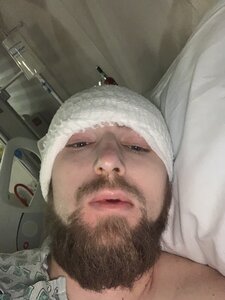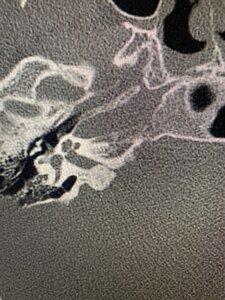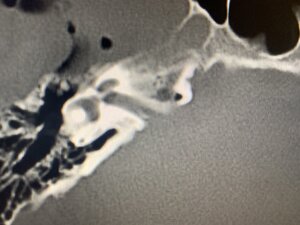From the same team (Dr. SiIverstein)
Minimally invasive surgery for the treatment of hyperacusis: New technique and long term results
Abstract
Objective
A minimally invasive surgery developed by the senior author has previously been reported to significantly improve sound tolerance after surgery. This report compares the new versus original surgical technique used and long-term results of all patients who have undergone minimally invasive surgery for hyperacusis.
Study design
A prospective, IRB approved clinical research trial at a single institution with surgery performed by the author (HS).
Setting
All patients were evaluated and treated at a tertiary level otologic referral center.
Subjects and methods
47 subjects were enrolled from 2014 through 2019, 40 met inclusion criteria including adequate follow-up in the analysis. All subjects underwent oval and round window reinforcement. 20 subjects underwent surgery before 2017 with the original technique of round window reinforcement. 20 subjects underwent new technique with additional oval window and stapes reinforcement.
Results
80% of subjects who underwent the new surgical technique had improvement in hyperacusis symptoms after surgery compared to 60% of subjects who underwent the original technique. Long term follow-up showed sustained results with both techniques with a mean follow-up of 2 years after surgery.
Conclusions
The most recent, newer technique employed appears to have an 80% success rate in improving sound tolerance with small changes to hearing. The improvement in hyperacusis symptoms after surgery is significant and now found to be sustainable with a mean follow-up of 2 years after initial surgery. Psychological measures of anxiety and depression also were found to be significantly improved after surgery in the newer technique group.
Source:
https://www.sciencedirect.com/science/article/abs/pii/S0196070919309408

 Member
Member

